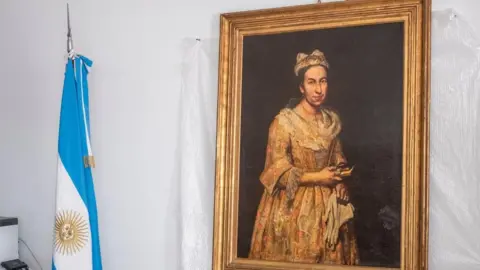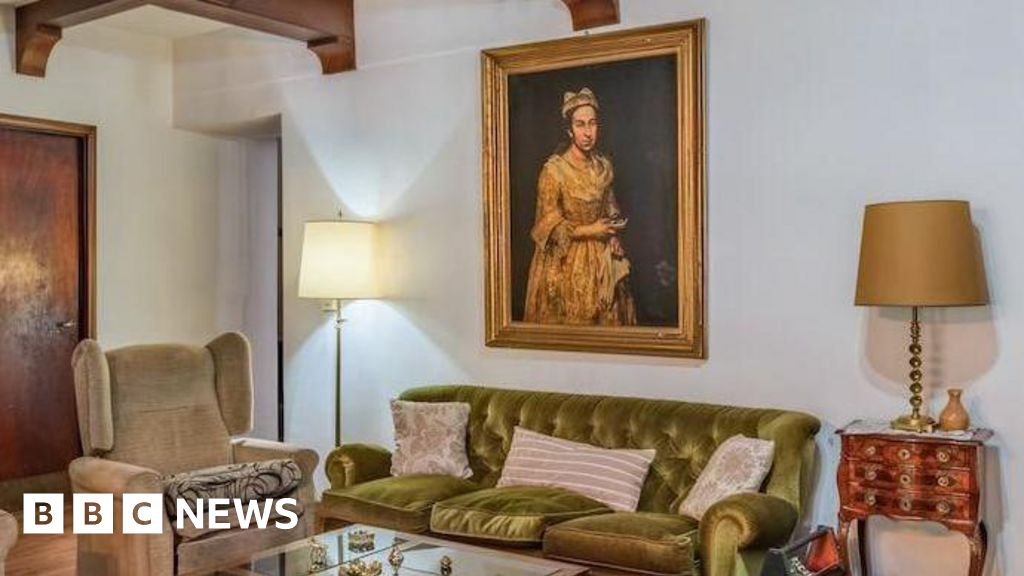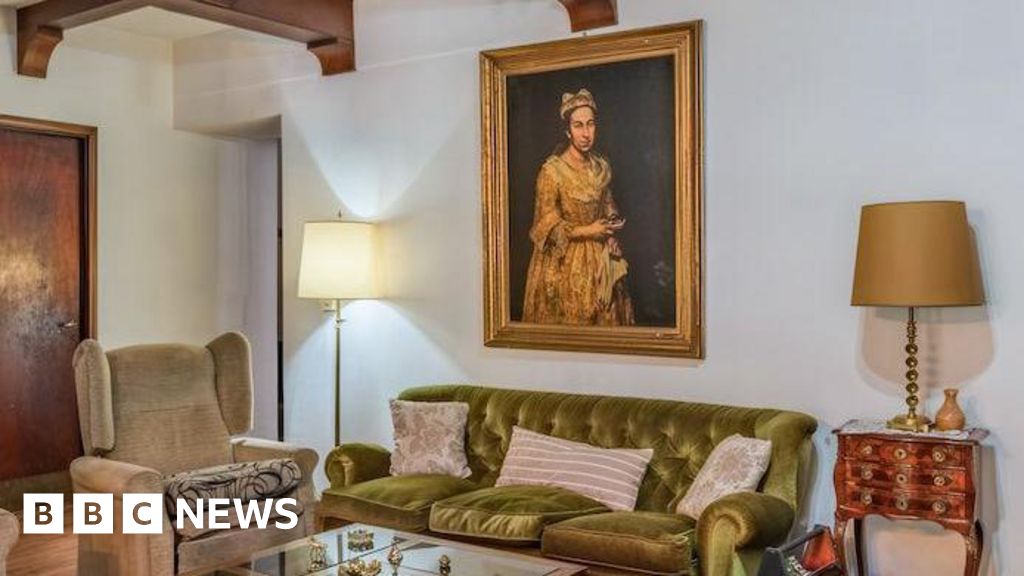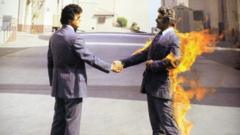As the news sinks in of Pope Francis's passing, Argentinians are not only mourning the pontiff but are also reflecting on a bittersweet sentiment: the absence of their beloved Pope in his homeland during his tenure. A significant question arises amidst their grief—why did Francis, the first pope from Latin America, steadfastly avoid returning to Argentina?
"I have to be honest, I didn’t like that he never came to Argentina," shared Laura Aguirre, a local bakery cashier, after participating in a Mass honoring the late Pope in Buenos Aires. Many gathered near the Basílica de San José de Flores, close to Francis’s childhood home and the site where he felt called to the priesthood, pondered similar frustrations.
Experts suggest that the Pope's reluctance to visit may stem from his desire to avoid becoming enmeshed in Argentine politics. Francis sent a clear message against potential political exploitation of his image, aiming to prevent any leader from declaring, “I’m the one who brought the Pope.”
Historically, Francis had a tumultuous relationship with several Argentine presidents. Tensions arose with former President Cristina Fernández de Kirchner over the legalization of same-sex marriage. Although the two reconciled when he ascended to the papacy, he later disagreed with the right-wing policies of Mauricio Macri and passionately opposed President Alberto Fernández’s abortion legislation in 2020.
The current president, Javier Milei, had previously insulted the Pope, calling him an “imbecile” for his advocacy of social justice, although they met and reconciled following the elections. Milei has since stated his intention to attend Francis's funeral on Saturday.
As tributes pour in from around the globe, Argentinians are left grappling not only with the loss of their Pope but also with the unanswered questions surrounding his absence—a poignant reminder of the complexities that accompany leadership and influence on both a global and personal level.

















